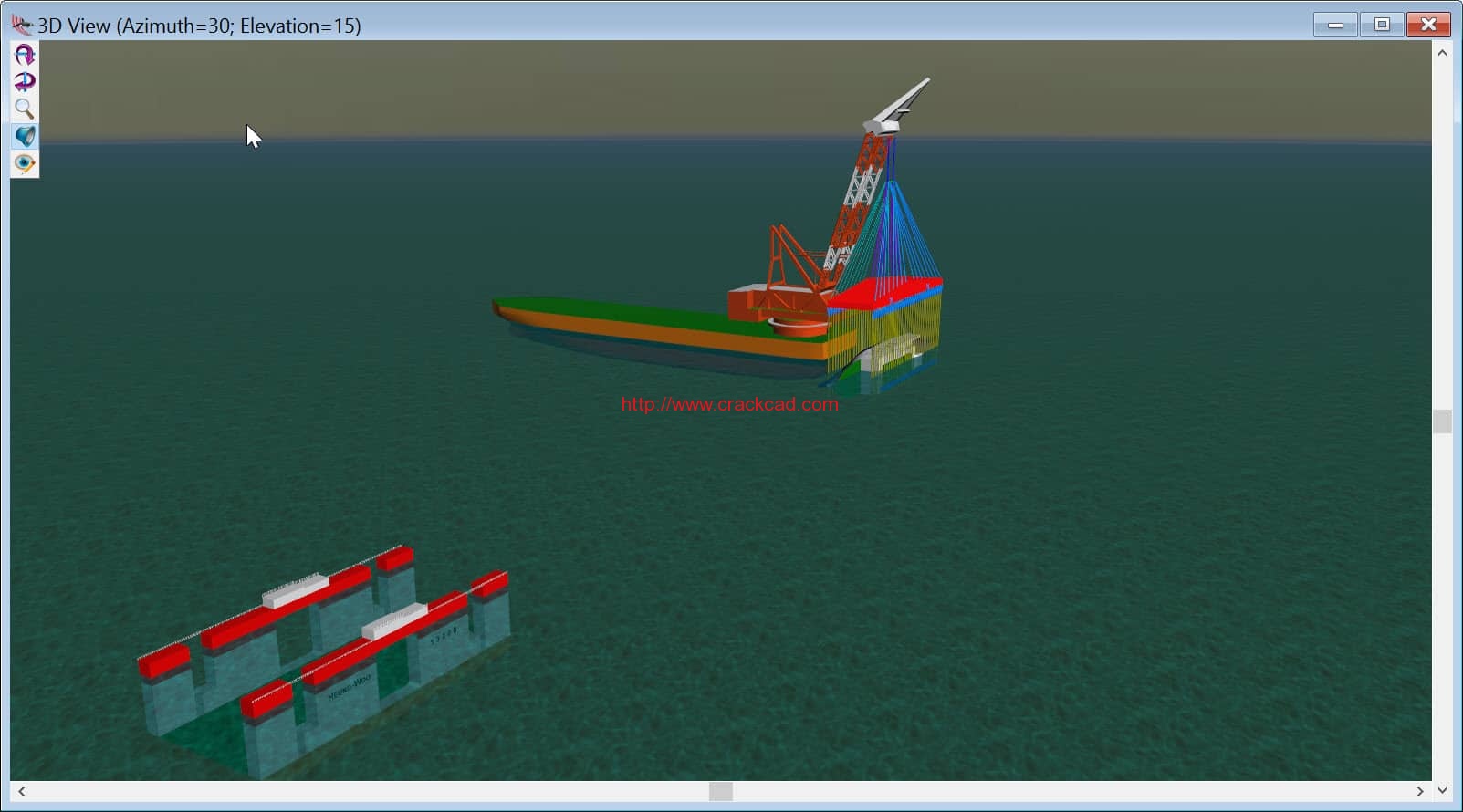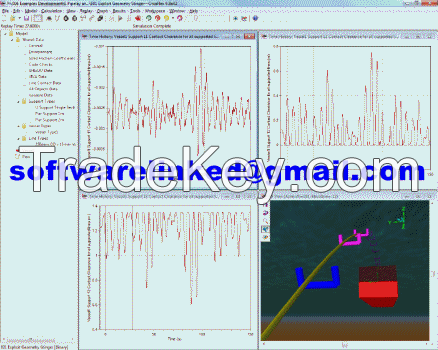

Analysis is also conducted with vessel offset (+ve and –ve) and current loading to understand the riser response.Static analysis will be conducted with vessel offset (+ve and –ve) and without environmental loading.Tension optimization analysis will be conducted for the riser as follows to help maximize riser operating envelopes for a given tension: An example tension requirements chart is shown below.

Alternatively, this will be calculated based on pipe geometries of main and auxiliary (C&K, hydraulic and boost) lines. Measured mass and weight data will be used if available.The internal fluid density considered for analysis will range from seawater (8.55 ppg) to maximum mud weight used.Tension requirements will be determined as per API RP 16Q code.Tension Requirement Assessment Tension requirement will be determined using the following: Typical Drilling Riser Analysis Procedure shown above. Example Riser Stack-up Configuration for Deepwater. The riser configuration development is expected to be iterative and the flow chart and will follow the most recent API and DNV codes. The base case will be compared with available buoyant and slick joints available on the rig and an alternative optimum arrangement proposed if deemed necessary. Riser Joint Stack-up Modelling and Preliminary Analysis The base case riser joint stack-up provided by Company will be used in STA Excel and OrcaFlex data files. Analysis methodology to be used for analysis will also be presented in the document.

ORCAFLEX COST SOFTWARE
Resources of engineers and software are assigned to the schedule. STA then generates a task list and schedule for completion. DRILLING RISER, WELLHEAD & CONDUCTOR ANALYSIS METHODOLOY (Semi/Drillship) Data Review and Design Basis STA will receive data for each project from Company together with a scope of work specific to that project.


 0 kommentar(er)
0 kommentar(er)
